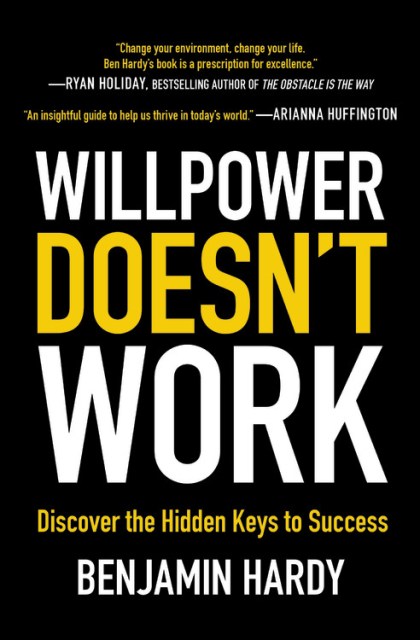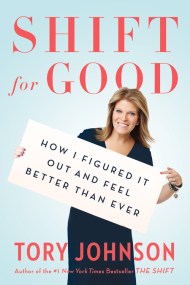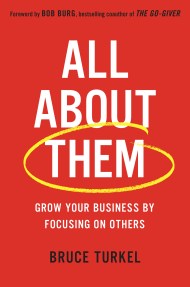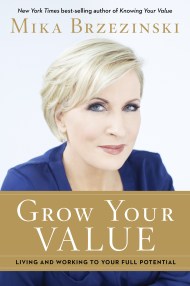By clicking “Accept,” you agree to the use of cookies and similar technologies on your device as set forth in our Cookie Policy and our Privacy Policy. Please note that certain cookies are essential for this website to function properly and do not require user consent to be deployed.
Willpower Doesn’t Work
Discover the Hidden Keys to Success
Contributors
Formats and Prices
- On Sale
- Mar 5, 2019
- Page Count
- 256 pages
- Publisher
- Balance
- ISBN-13
- 9780316441339
Price
$17.99Price
$22.99 CADFormat
Format:
- Trade Paperback $17.99 $22.99 CAD
- ebook $9.99 $12.99 CAD
- Audiobook Download (Unabridged) $18.99
This item is a preorder. Your payment method will be charged immediately, and the product is expected to ship on or around March 5, 2019. This date is subject to change due to shipping delays beyond our control.
Buy from Other Retailers:
We rely on willpower to create change in our lives…but what if we’re thinking about it all wrong? In Willpower Doesn’t Work, Benjamin Hardy explains that willpower is nothing more than a dangerous fad-one that is bound to lead to failure. Instead of “white-knuckling” your way to change, you need to instead alter yoursurroundings to support your goals. This book shows you how.
The world around us is fast-paced, confusing, and full of distractions. It’s easy to lose focus on what you want to achieve, and your willpower won’t last long if your environment is in conflict with your goals–eventually, the environment will win out. Willpower Doesn’t Workis the needed guided for today’s over-stimulating and addicting environment. Willpower Doesn’t Work will specifically teach you:
Benjamin Hardy will show you that nurture is far more powerful than your nature, and teach you how to create and control your environment so your environment will not create and control you.
The world around us is fast-paced, confusing, and full of distractions. It’s easy to lose focus on what you want to achieve, and your willpower won’t last long if your environment is in conflict with your goals–eventually, the environment will win out. Willpower Doesn’t Workis the needed guided for today’s over-stimulating and addicting environment. Willpower Doesn’t Work will specifically teach you:
- How to make the biggest decisions of your life–and why those decisions must be made in specific settings
- How to create a daily “sacred” environment to live your life with intention, and not get sucked into the cultural addictions
- How to invest big in yourself to upgrade your environment and mindset
- How to put “forcing functions” in your life–so your default behaviors are precisely what you want them to be
- How to quickly put yourself in proximity to the most successful people in the world–and how to adapt their knowledge and skills to yourself even quicker
- How to create an environment where endless creativity and boundless productivity is the norm
Benjamin Hardy will show you that nurture is far more powerful than your nature, and teach you how to create and control your environment so your environment will not create and control you.
-
"If you want to get more done, don't worry about willpower--focus on motivation. Challenging the dominant view of self-control as a muscle. Benjamin Hardy reveals that productivity is really about clarity and commitment."Adam Grant, New York Times bestselling author of Originals and Give and Take
-
"Benjamin Hardy is one of the leading voices on well-being and productivity. Willpower Doesn't Work is an insightful guide to help us thrive in today's world."Arianna Huffington
-
"Change your environment, change your life. Ben Hardy's book is a prescription for excellence and contains the hidden keys to success."Ryan Holiday, bestselling author of The Obstacle Is the Way
-
"If you only read one book in 2018, make it this one. . . . This book will help you accomplish more in less time than any other book--by changing your entire approach to confidence and personal commitment."Inc.
-
"A welcome prescription for those striving to overcome challenges and realize their aspirations."Library Journal
-
"This is a must-grab book!"BuzzFeed
-
"In this immensely practical and useful book, Hardy will teach you everything from how to put 'forcing functions' in your life (so your default behaviors are precisely what you want them to be) to how to create an environment where endless creativity and boundless productivity is the norm. If you're ready to set the conditions for your success, this book is for you."Forbes
-
"Uncommonly thoughtful: that's what I think of when I read Benjamin Hardy's work. Get this book and you'll better understand how to be who you truly want to be."JimmySoni, editor at the Observer and author of Rome's Last Citizen
-
"In an age when few people think deeply about life, Benjamin Hardy is the exception. Read this book if you want to be better."Jeff Goins, nationally bestselling author of The Art of Work
-
"Willpower Doesn't Work debunks so many myths about what truly makes people successful. What Ben reveals in his fantastic book is something that can absolutely transform your life in a matter of moments when you understand what it is and put it into practice."JoePolish, founder of Genius Network and Genius Recovery
-
"With the right models and practices found in [Willpower Doesn't Work], you can control your environment. And with a simple decision to get going, you can take all the action required to begin living the life you know you were meant to have. By reading this one book, you can change a million lives, including your own."MareoMcCracken, Thrive Global
Newsletter Signup
By clicking ‘Sign Up,’ I acknowledge that I have read and agree to Hachette Book Group’s Privacy Policy and Terms of Use






